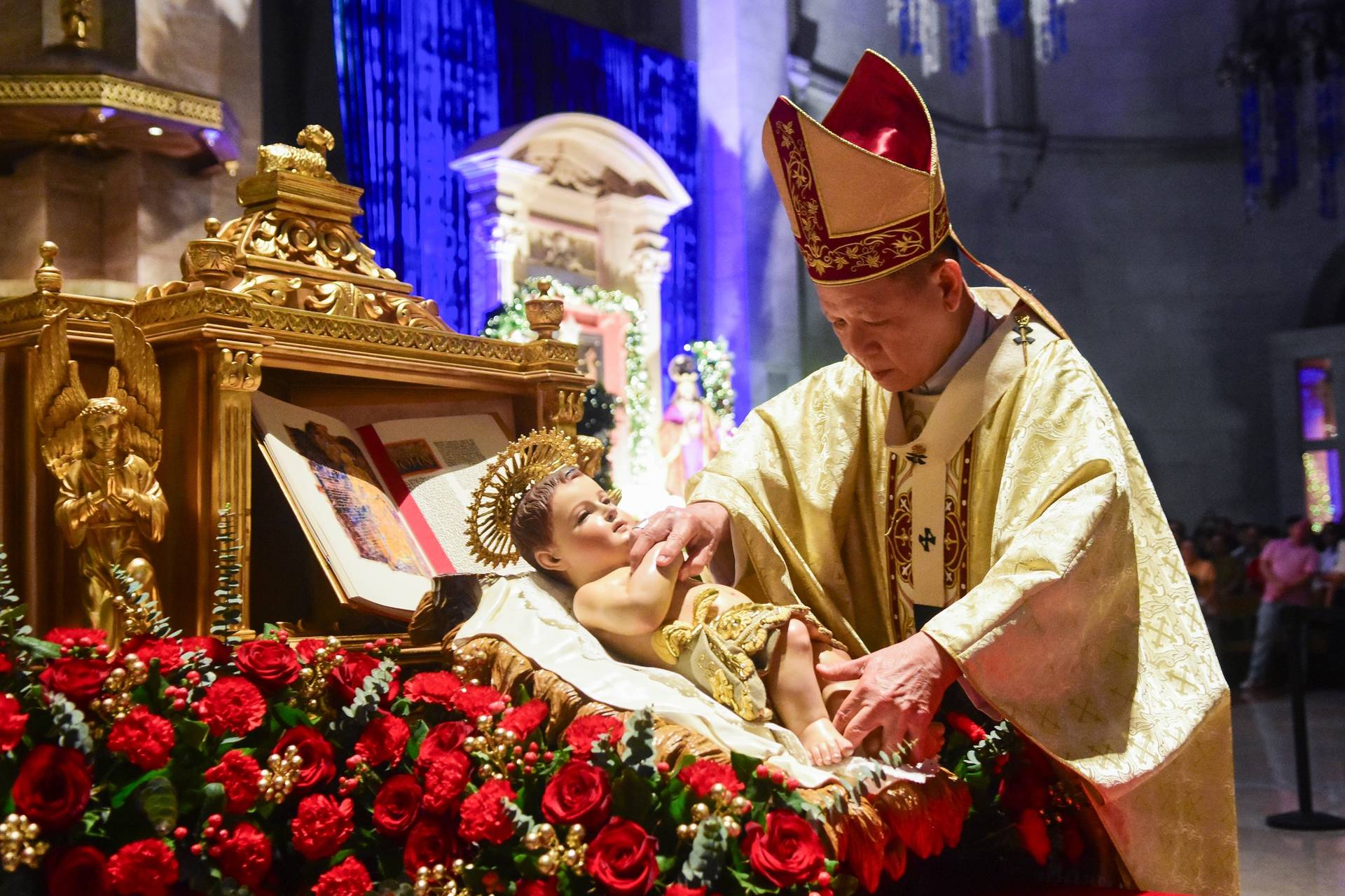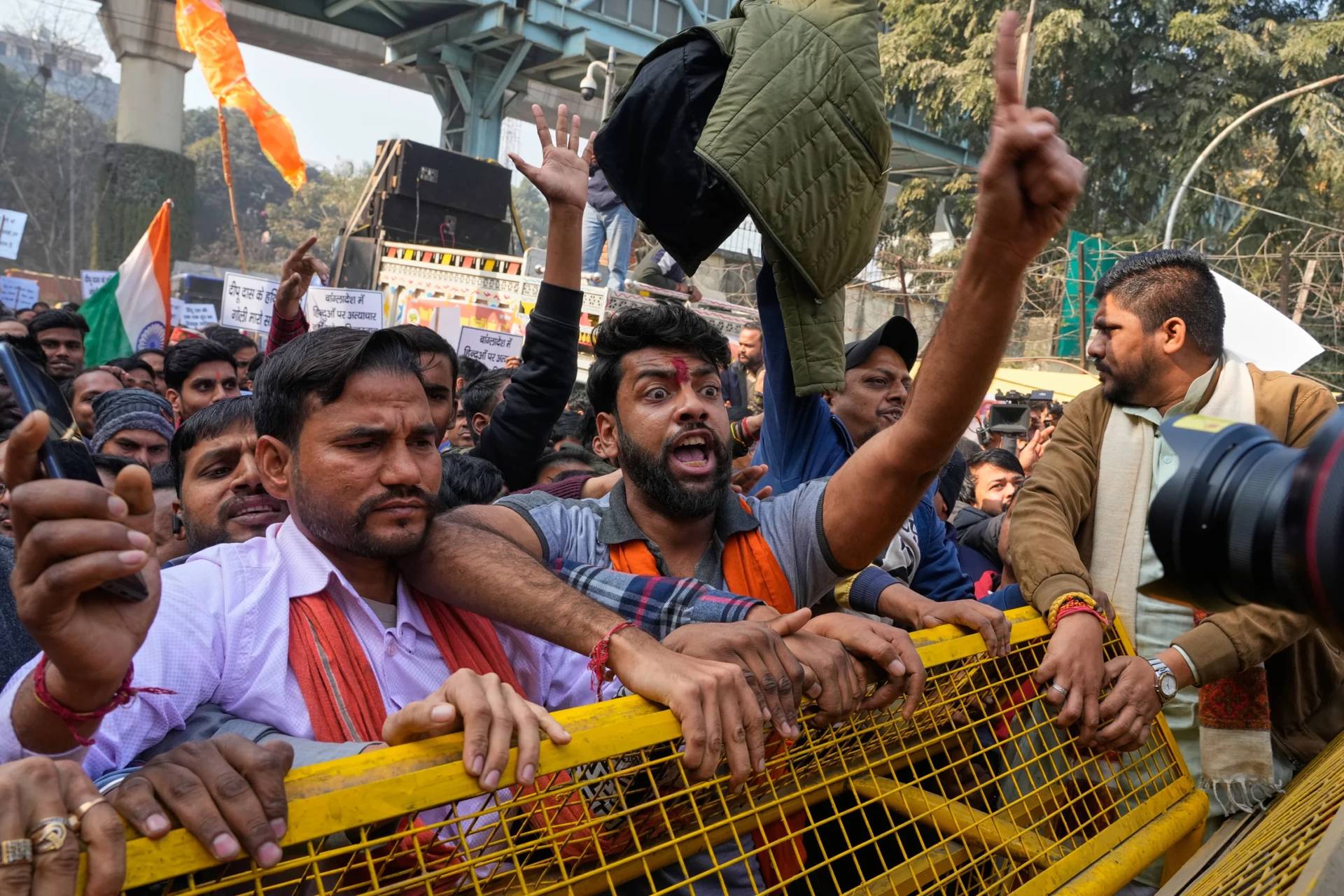MANILA, Philippines — Catholic clergy in the Philippines have welcomed an assurance from President-elect Ferdinand “Bongbong” Marcos Jr. to “work closely” with the church for the common good.
Archbishop Charles Brown, apostolic nuncio to the Philippines, said Marcos assured him of his cooperation when they met June 10.
“The president-elect’s meeting with the diplomatic corps was very productive and encouraging. He (Marcos) assured me of his desire to collaborate, cooperate closely with the Catholic Church and the Holy See,” said Brown in an interview with Catholic Church-run Radyo Veritas June 12.
Ucanews.com reported that Brown, as the papal nuncio, customarily heads the Philippine diplomatic corps, the body of foreign diplomats accredited by the government. He also spearheads diplomatic functions at Malacanang Palace, the official residence of the president.
Brown said he was one of several ambassadors who paid a courtesy call to the president-elect to extend goodwill. “Several state representatives or ambassadors have already paid a visit to the president-elect. Our meeting was a good one because it was encouraging and productive,” he added.
Kidapawan Bishop José Colin Bagaforo, who heads Caritas Philippines, told Radyo Veritas the agency was willing to work with the new administration if there were principled politics, “a program that will address the rights and dignity of the people and (that) promotes truth and honest governance.”
Bagaforo reminded Filipino Catholics that the fight for good governance did not end after the elections, in which the majority elected Marcos.
Many Catholic clergymen in the Philippines backed Vice President Leonor “Leni” Robredo in the May 9 election. She lost by over 15 million votes to Marcos, who had support of 58% of voters.
Father Joem Afable of the Diocese of Sorsogon told ucanews.com Marcos has yet to prove if human rights would be respected under his presidency.
“Remember that the present constitution was designed as an antithesis to what his father did during martial law. Therefore, his powers, if he has any plan to abuse them, are limited by the constitution itself,” Afable said.














